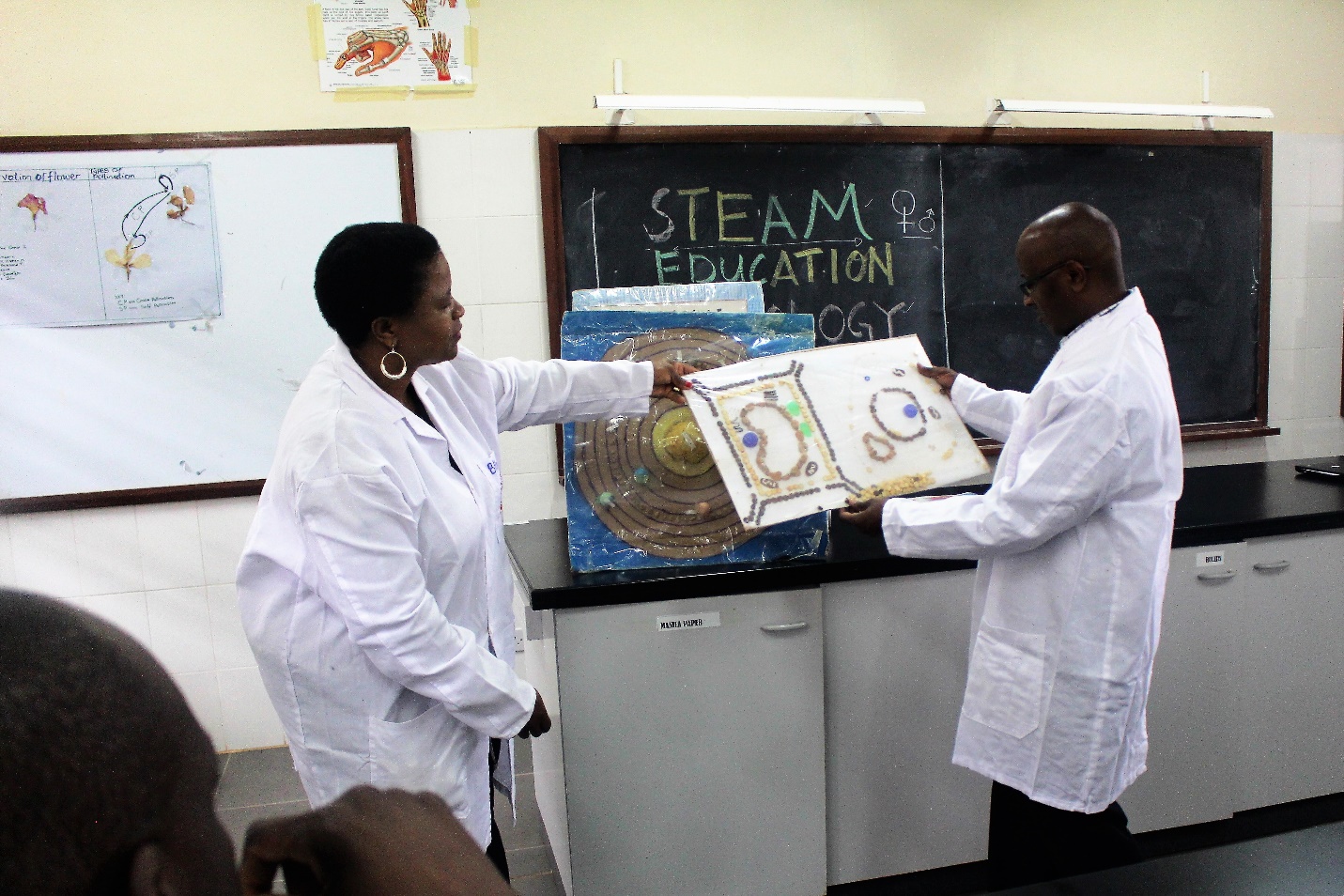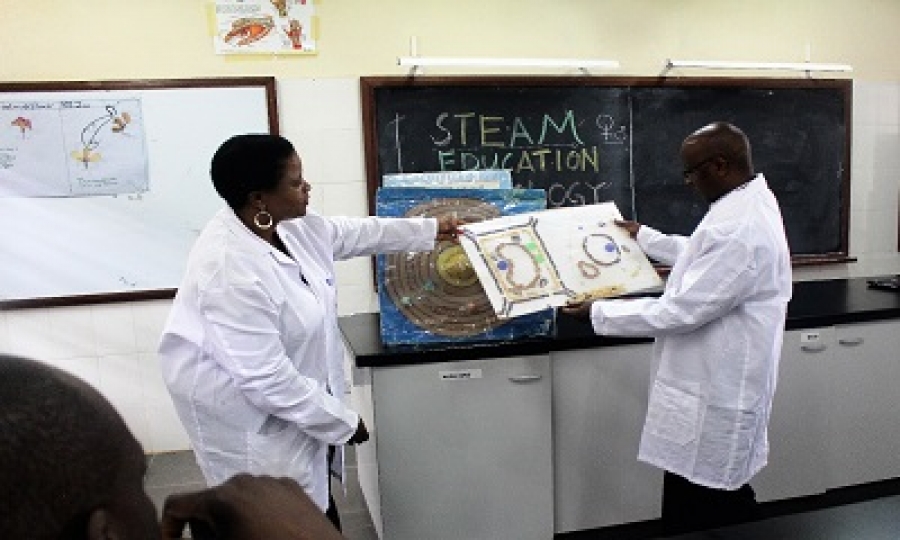New plan to make maths and sciences interesting
By Augustine Oduor | Published Sat, July 22nd 2017 at 00:00, Updated July 21st 2017
Mathematics and the science subjects have for a long time been branded difficult and boring. But a new programme aims to break this myth. The government has rolled out an ambitious scheme to make the subjects easy and enjoyable.
At least two model secondary schools have been selected in every county to champion best learning practices and create a positive attitude towards the subjects for others to copy.
The science, technology, engineering and mathematics (STEM) programme is being rolled out by the Centre for Mathematics, Science and Technology Education (CEMASTEA).
Appropriate knowledge
A government brief seen by Saturday Standard says the main objective is to nurture students to become effective lifelong learners equipped with appropriate knowledge, generic skills as well as values and attitudes necessary for facing 21st century challenges.
Through the use of modern and interactive learning materials, the programme is expected to improve students’ attitude, achievement and confidence, and trigger creativity.
Education Cabinet Secretary Fred Matiang’i said the STEM Model Schools intervention programme will enhance learners’ capability in sciences and mathematics.
The ministry allocated CEMASTEA Sh32 million in the 2016/17 financial year to implement the project. And in 2017/18, the Centre has been allocated Sh58 million. Overall, 94 schools have been identified for the initial phase of the project.
The ministry allocated CEMASTEA Sh32 million in the 2016/17 financial year to implement the project. And in 2017/18, the Centre has been allocated Sh58 million. Overall, 94 schools have been identified for the initial phase of the project.
Dr. Matiang’i already released a set of equipment to the first lot of 47 schools for easy teaching and learning. “The ministry is distributing STEM equipment to the first batch of schools under STEM Education Model Schools Intervention Programme,” he said.
Each of the selected schools will receive a laptop, LCD projectors, digital cameras, white-boards, light microscopes and photometers. Other equipment procured for the model schools are biological models, preserved specimens, Liebig condensers, Hoffman’s Apparatus, atomic models, fractionating columns, electronic balance, cathode ray oscilloscopes, ammeters and volmeters. Micrometer screw gauges, thermometers, stop watches, galvanometers, magnets, lenses, scientific calculators, mobile graph boards, chalkboard geometry sets, globes, mathematical shapes, wire models and nets are also some of the equipment listed to be sent to schools.
CEMASTEA director Stephen Njoroge said the equipment and materials are essential to teaching and learning yet few schools can afford them.
Improve performance
“We are giving the equipment to schools to support them in improving performance and for experiential learning. Schools are expected to use 21st Century teaching approaches that incorporate inter-disciplinary ICT integration and inquiry based learning (IBL),” said Mr Njoroge.
He said a baseline study conducted by CEMASTEA revealed that schools tend to restrict learners’ access to available equipment. Students in STEM schools will be empowered to try out things and nurture ideas that can be commercialised in future.
It emerged that only 22 per cent of students undertaking university education in Kenya pursue courses in STEM, compared to 70 per cent of students in Asian Tigers such as South Korea and Singapore.
The introduction of STEM Model Schools is as a response to a shortage of graduates in the STEM field and for enhancing innovation, critical thinking and problem-solving skills.
Read more at: https://www.standardmedia.co.ke/article/2001248588/new-plan-to-make-maths-and-sciences-interesting

A participant from South Africa showing Mr. Thuo Karanja National Trainer Biology- CEMASTEA some of the innovative ways to demystify topic Cell Division
Latest from
- TEACHING AND LEARNING DURING COVID-19 PANDEMIC: INSIGHTS FROM SELECTED MATHEMATICS AND SCIENCE TEACHERS IN KENYA
- 3rd iTOYA OF THE YEAR AWARD
- CEMASTEA strive for the Best
- Mathematics and Science teachers undertake training dubbed: “Effective use of Learner-Centred strategies in Teaching and Learning”
- CS Amina Flags off the 3rd Batch of STEM Equipment Distribution


